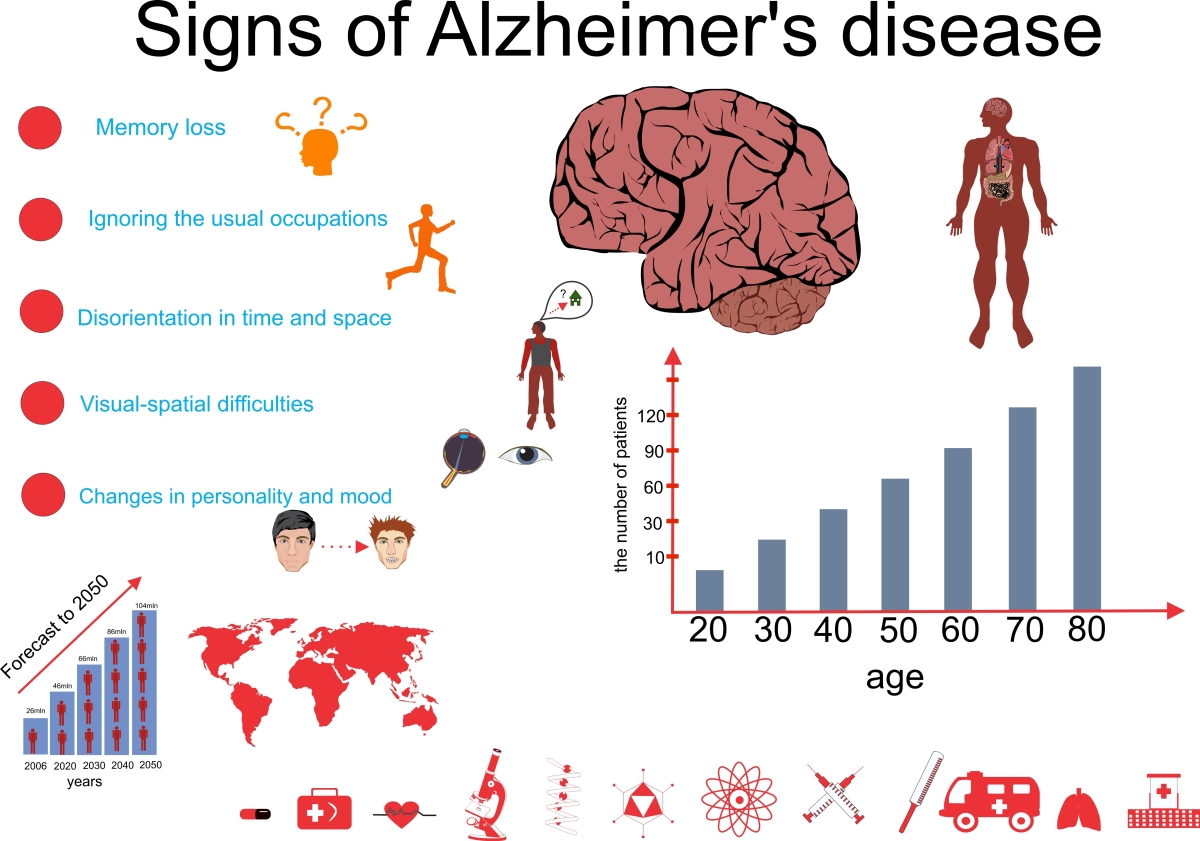What Causes Alzheimer's To Get Worse
As we age, our bodies and minds undergo numerous changes. Some of these changes can be natural and benign, while others can be symptomatic of more serious conditions such as Alzheimer’s disease. Alzheimer's disease is a neurological disorder that affects primarily older adults and often becomes more prevalent as individuals age.
Understanding Alzheimer's Disease

Alzheimer’s disease is a progressive neurological disorder that impacts memory and cognitive functioning. It is a type of dementia that results in the death of brain cells, causing deterioration in various functions such as reasoning, judgment, and language, among others. As the disease progresses, it can become challenging for individuals to perform basic activities of daily living, and they may need help and support from family members or caregivers.
Causes of Alzheimer's Disease

Research shows that Alzheimer’s disease is caused by various factors, including genetics, lifestyle, and environmental factors. Typically, individuals with a family history of Alzheimer's are more likely to develop the disease. Other factors that increase the risk of developing Alzheimer's include high blood pressure, elevated cholesterol levels, and diabetes.
Stages of Alzheimer's Disease
There are three stages of Alzheimer's disease, each with distinct symptoms and challenges. These stages are:
- Early Stage: In the early stage, individuals may experience mild cognitive decline, including memory lapses and difficulty with planning, concentration, and organization.
- Middle Stage: At this stage, individuals may experience more severe cognitive decline, such as difficulty with language, increased confusion, and memory loss that affects their ability to function independently.
- Late Stage: During the final stage of the disease, the individual will require round-the-clock care as they have poor muscle control and have lost the ability to communicate effectively.
Treatment of Alzheimer's Disease
Currently, there is no known cure for Alzheimer's disease. However, some medications can slow the progress of the disease or manage symptoms. Behavioral intervention, such as memory therapy and cognitive stimulation, can help to improve the quality of life of individuals with the condition. Additionally, some alternative therapies, such as acupuncture and aromatherapy, have been shown to produce positive results in reducing symptoms of Alzheimer's disease.
Prognosis of Alzheimer's Disease
The prognosis for Alzheimer's disease is typically poor, and most people with the disease die within a few years of its onset. However, the progression of the disease can vary, and some individuals may live with the condition for many years. As the disease progresses, the individual will require increasing levels of care, ultimately requiring 24-hour supervision and support.
In conclusion, Alzheimer's disease is a progressive neurological disorder that impacts memory and cognitive function. It is a debilitating disease that can affect an individual's ability to perform basic daily tasks such as dressing, bathing, and eating. While there is no cure, early detection and intervention can help improve the quality of life and postpone the onset of severe symptoms. If you or someone you know is experiencing symptoms of Alzheimer's disease, it's crucial to seek medical attention and support as soon as possible.